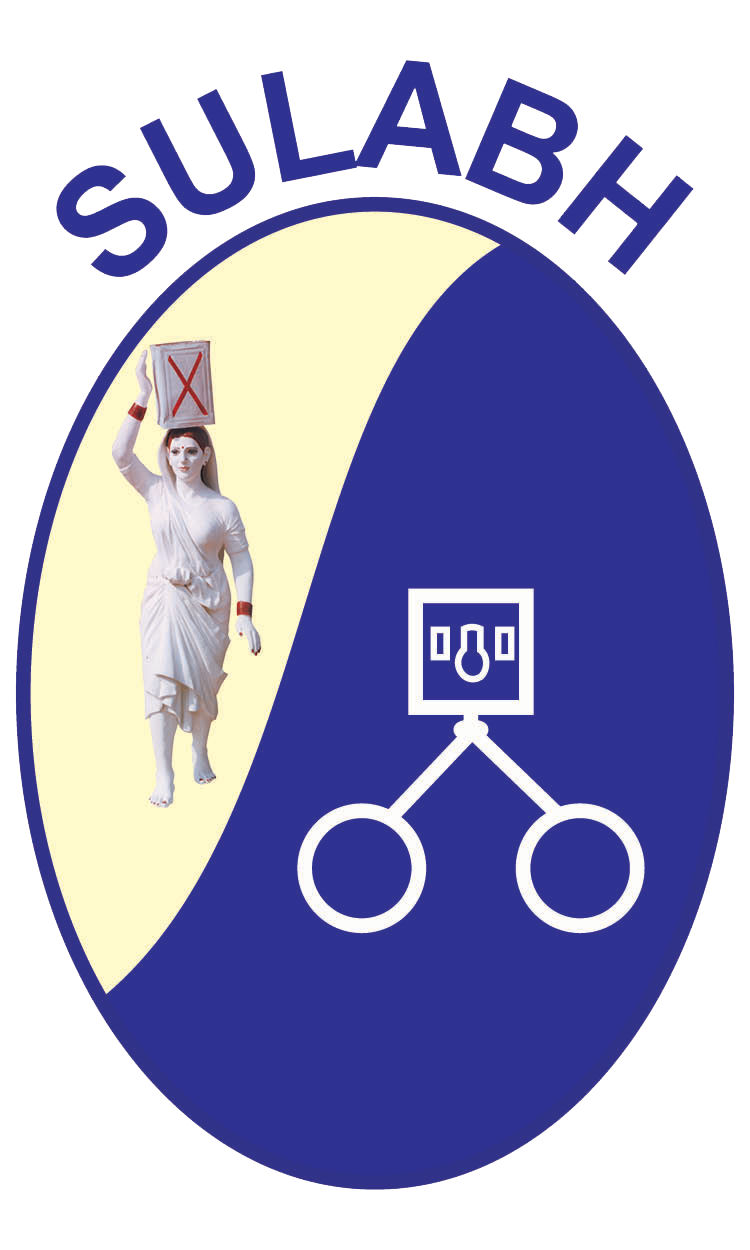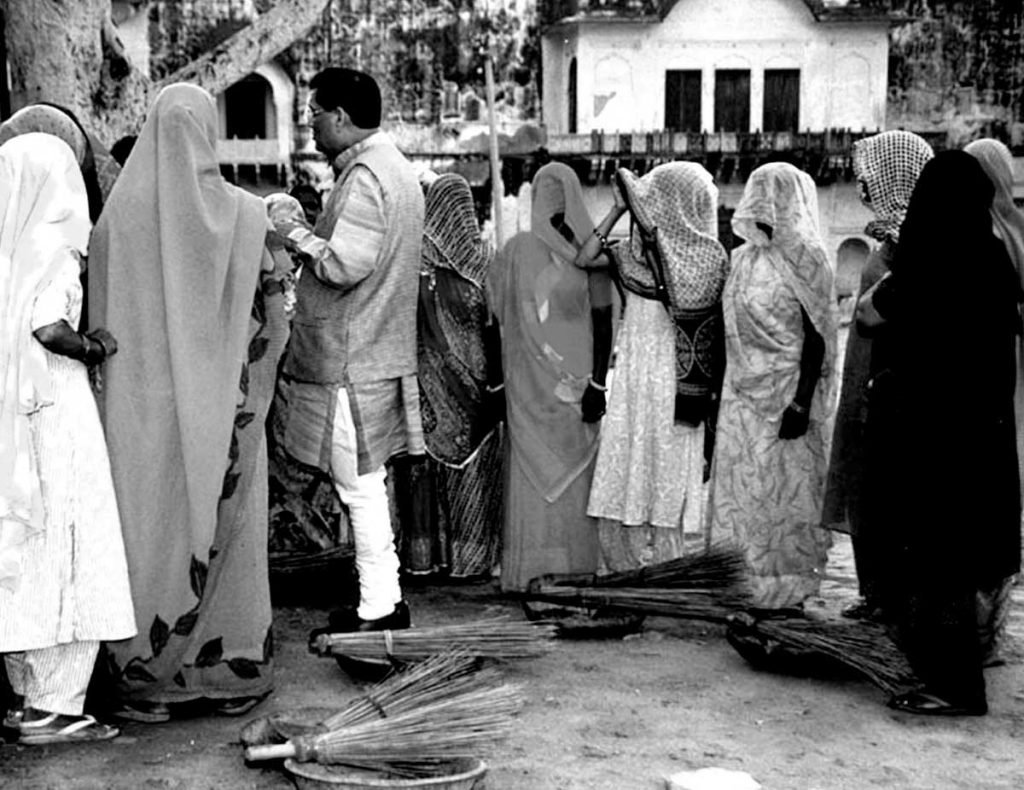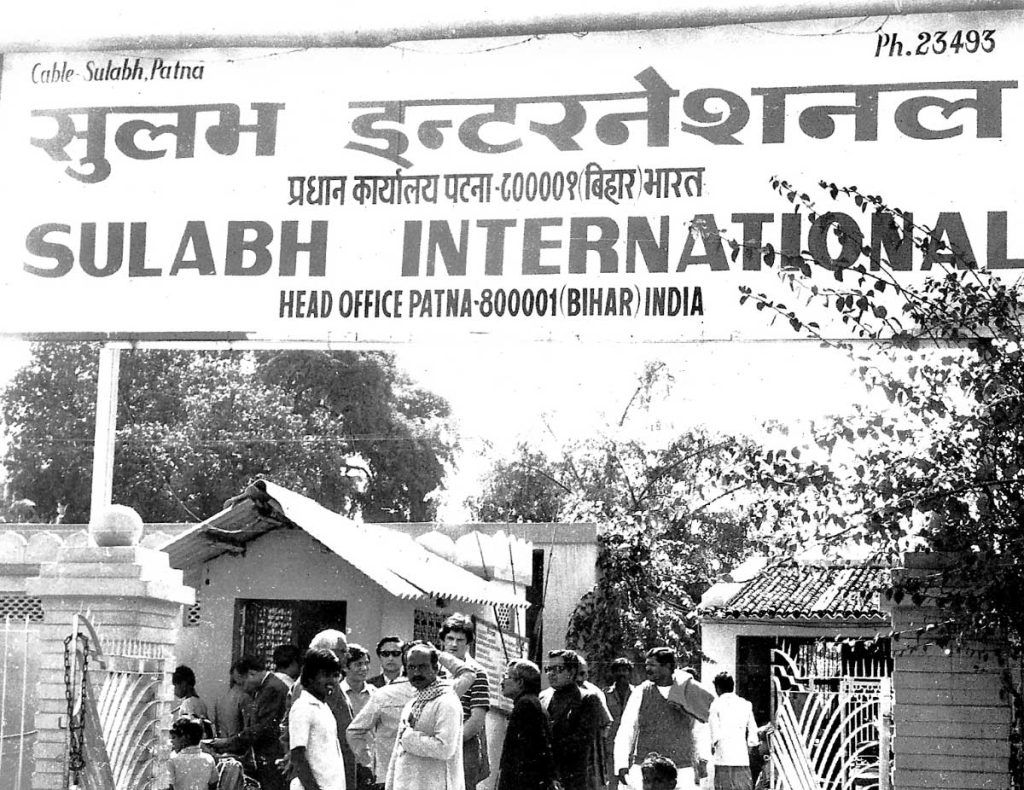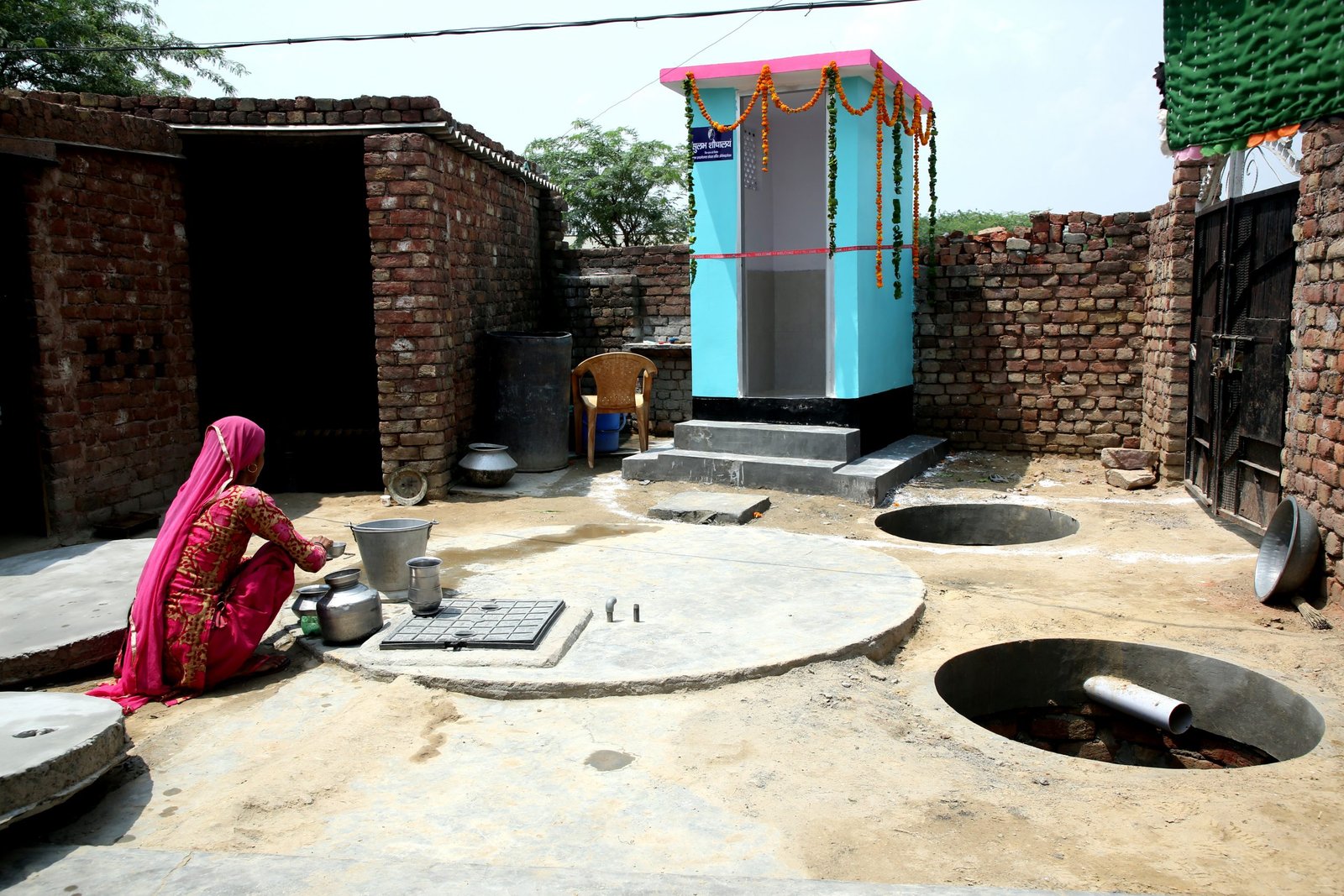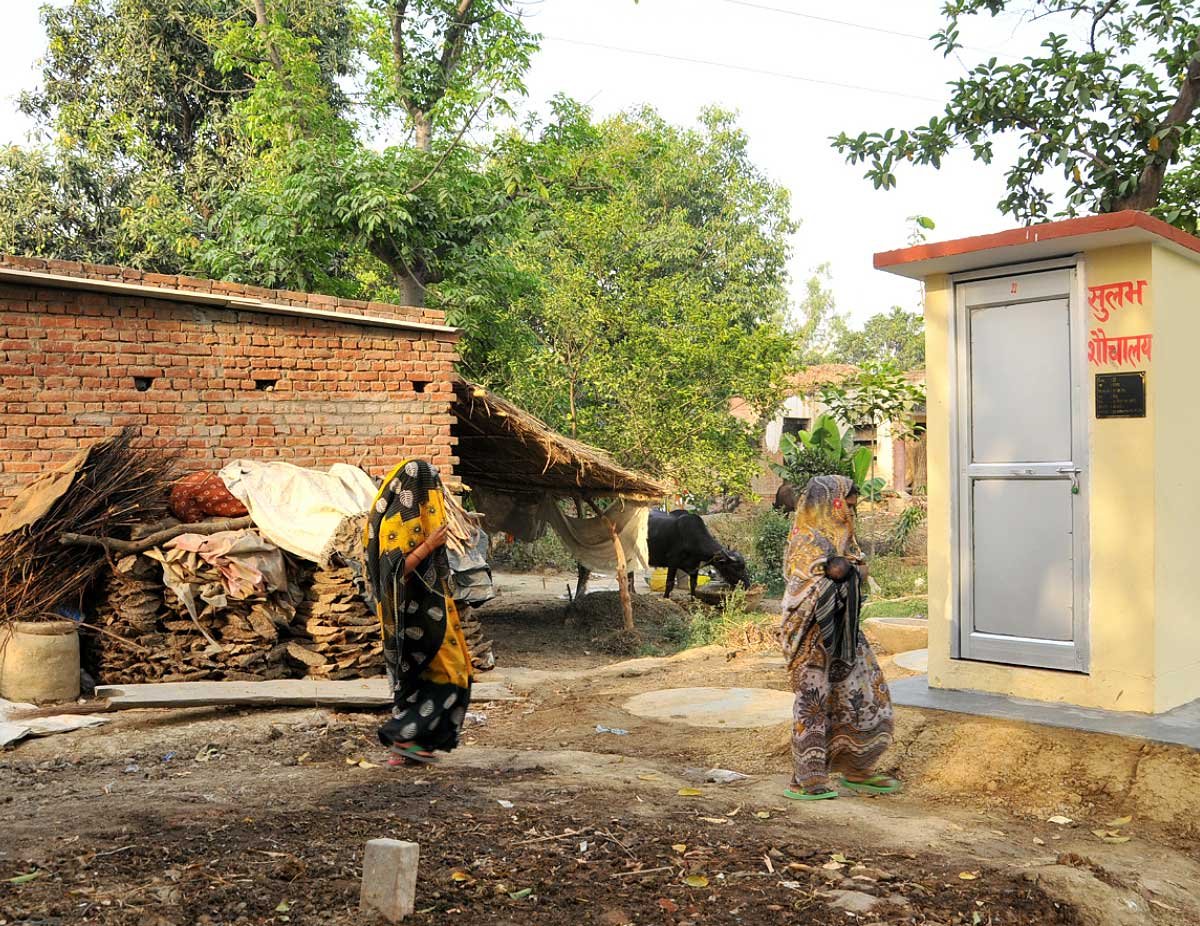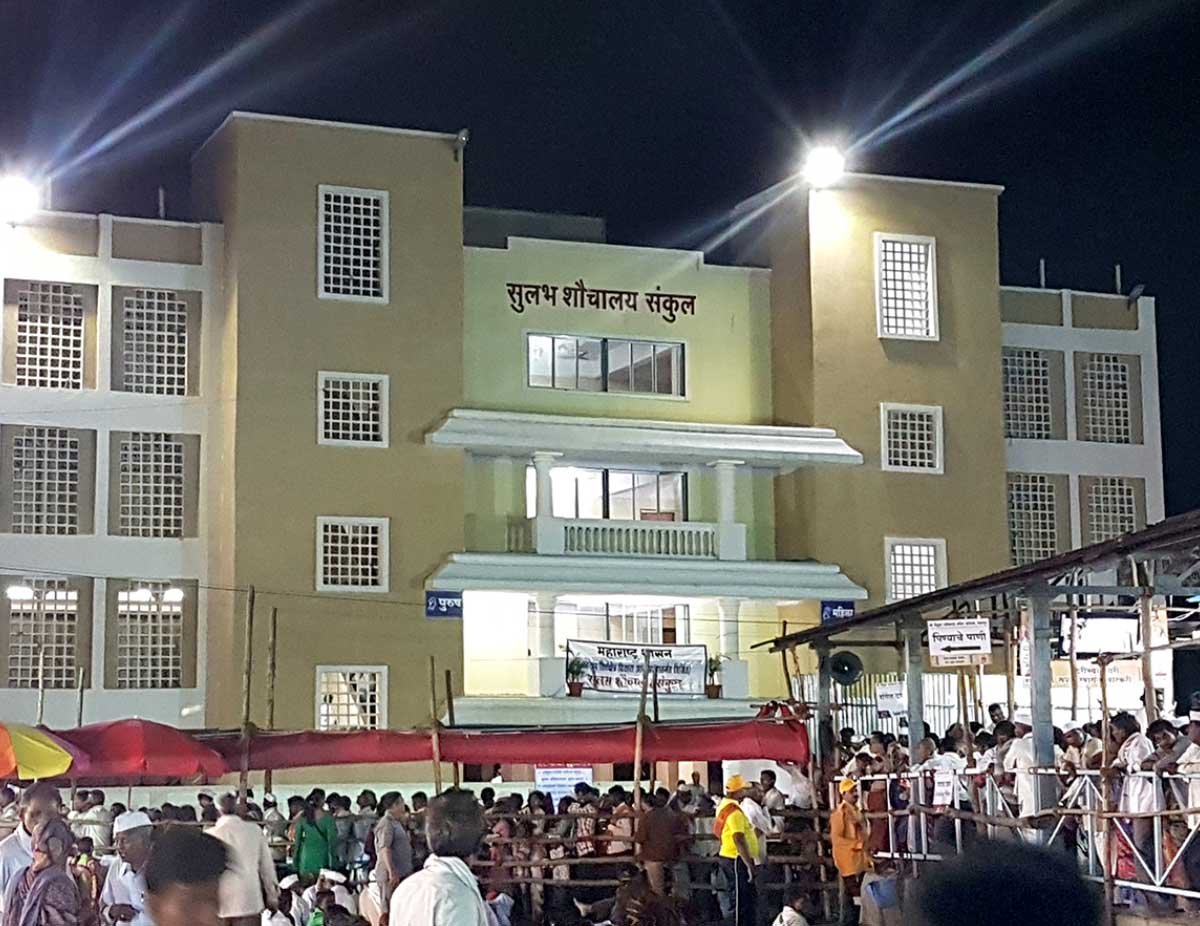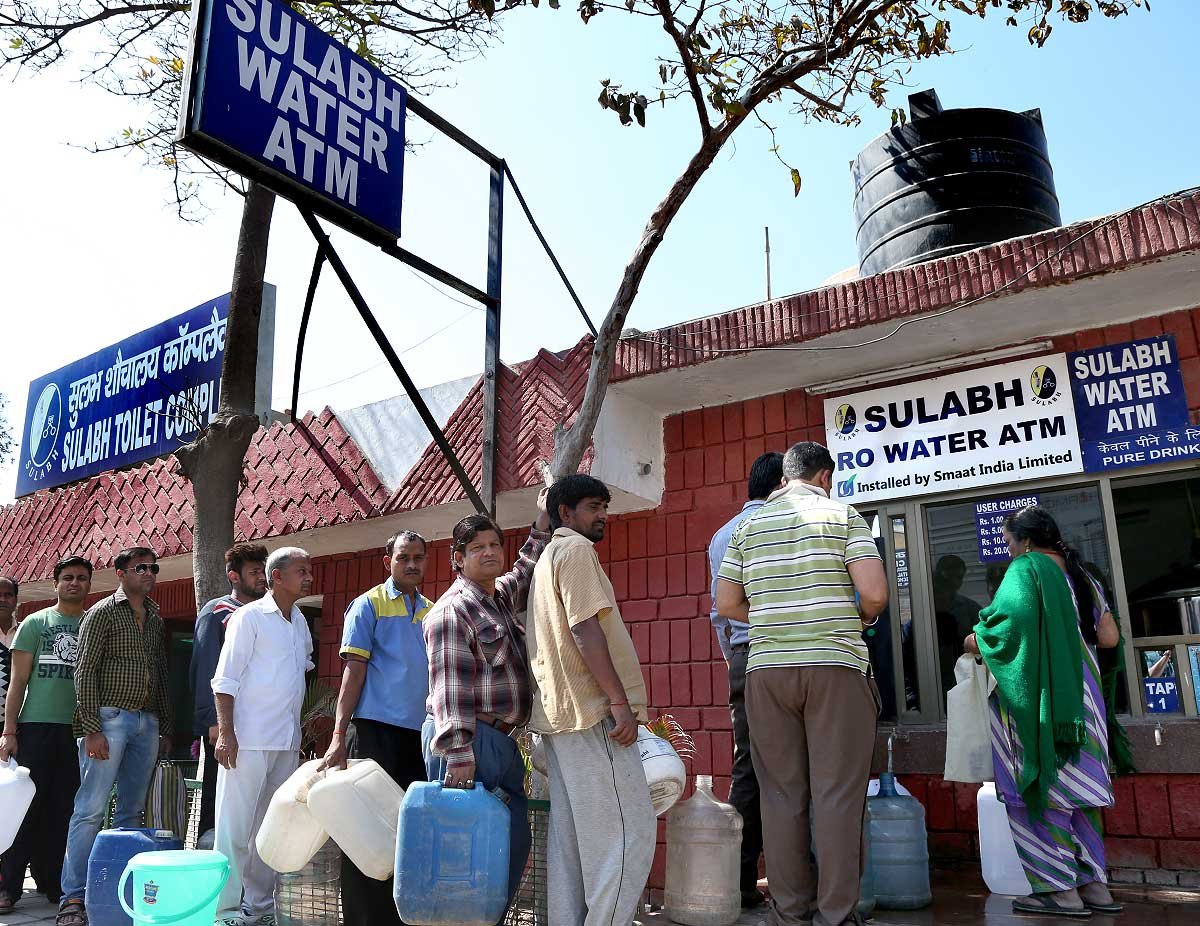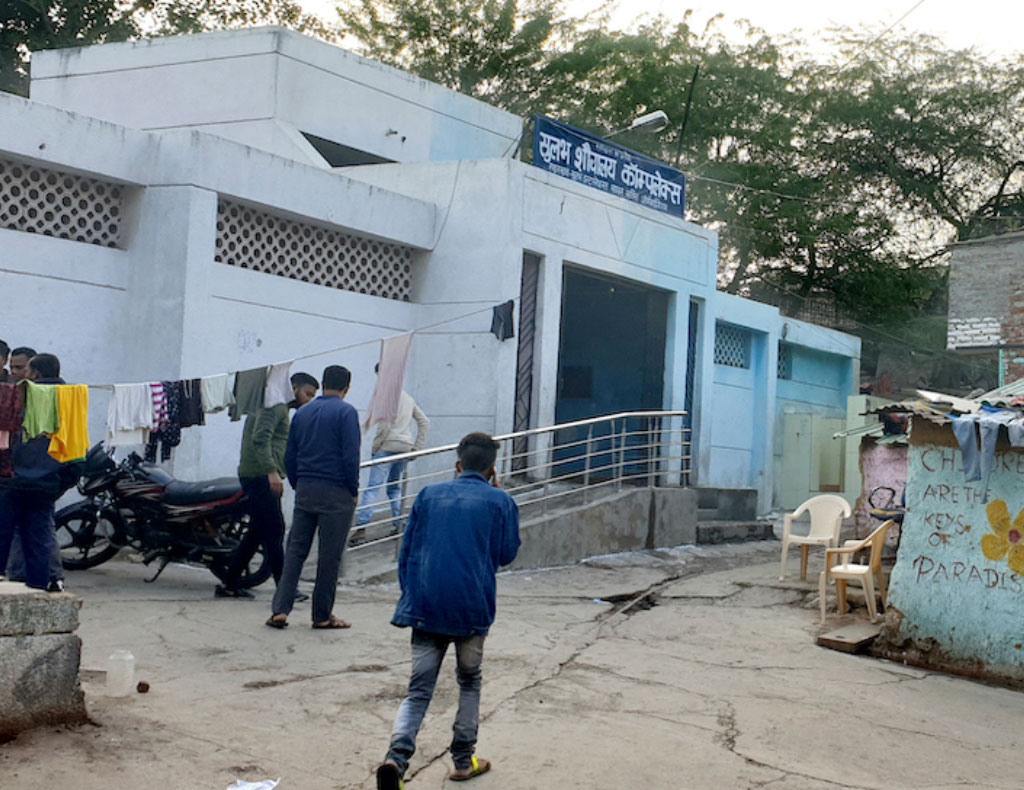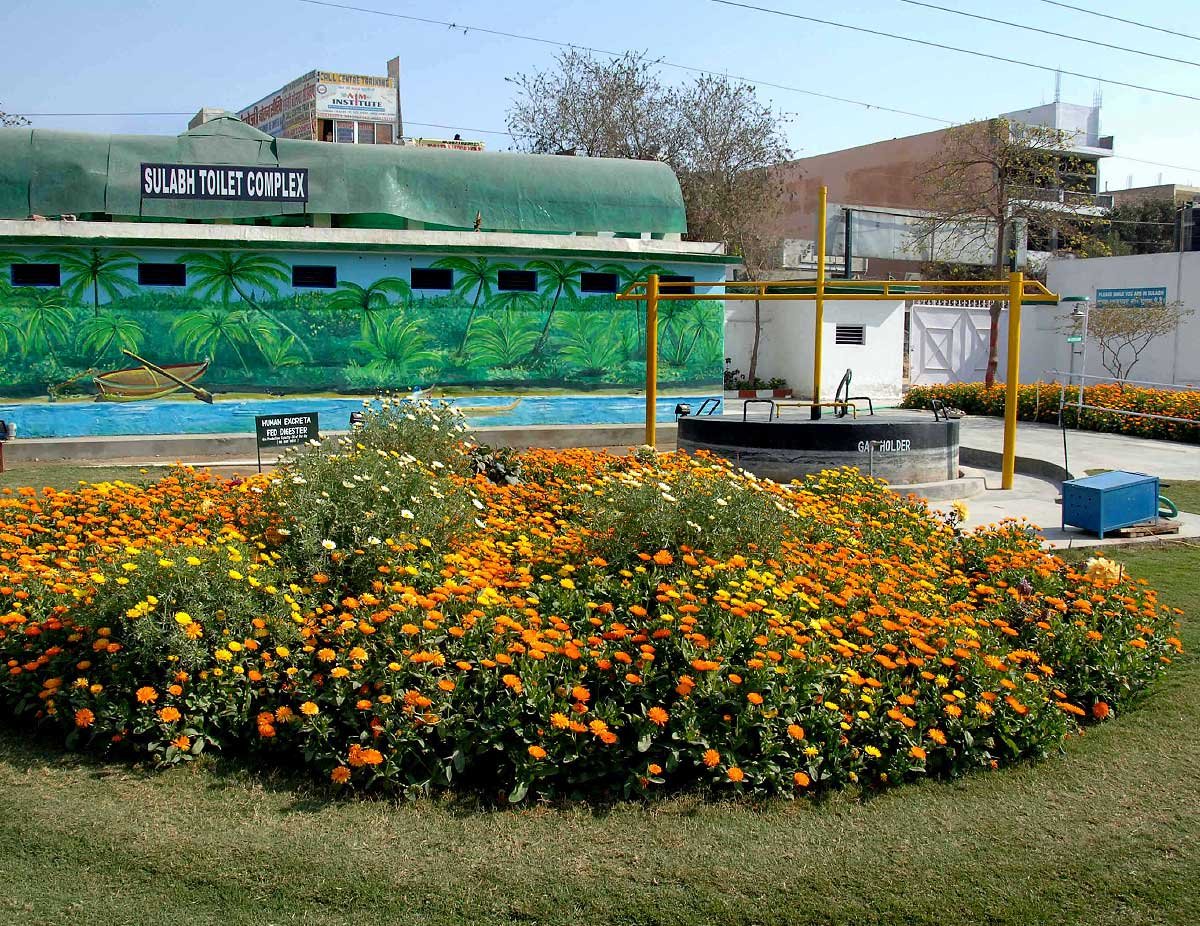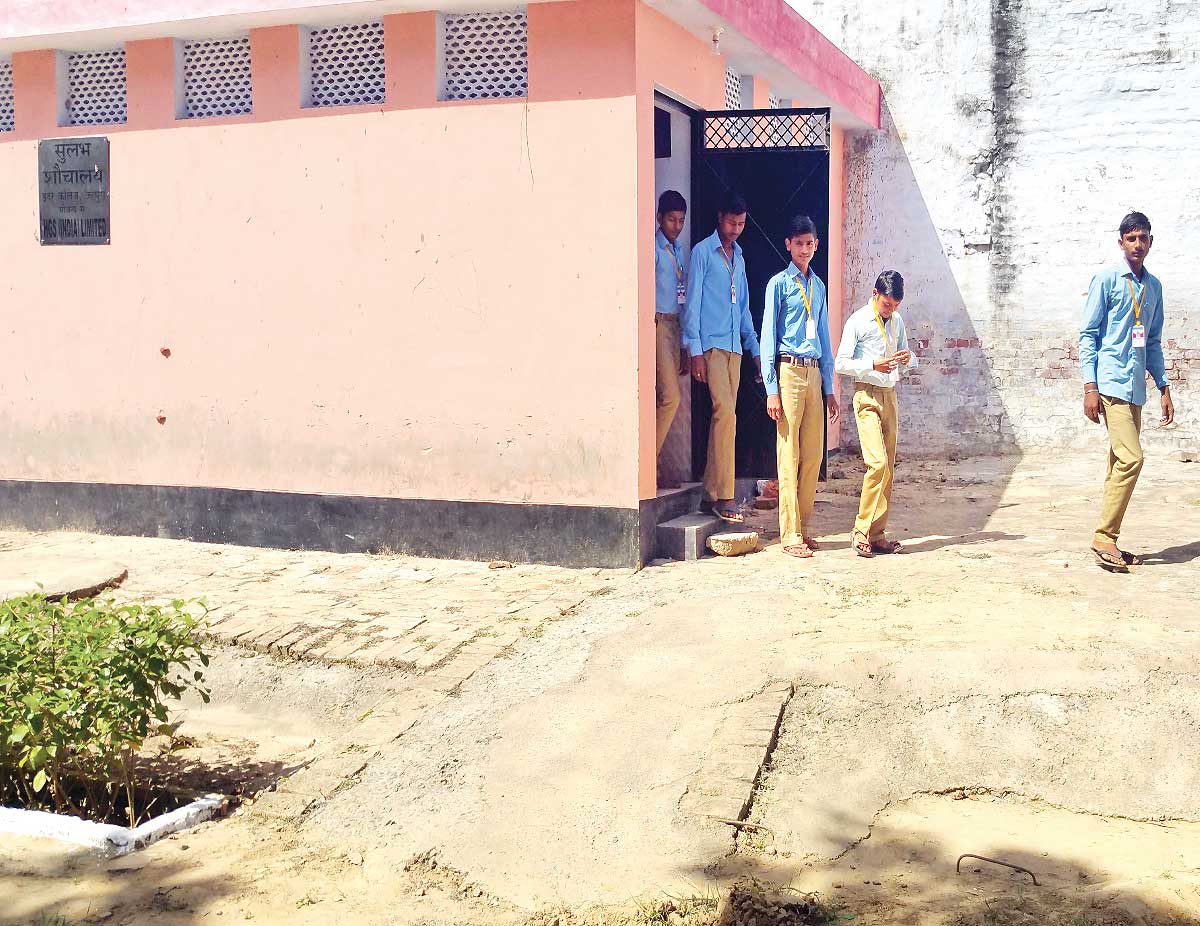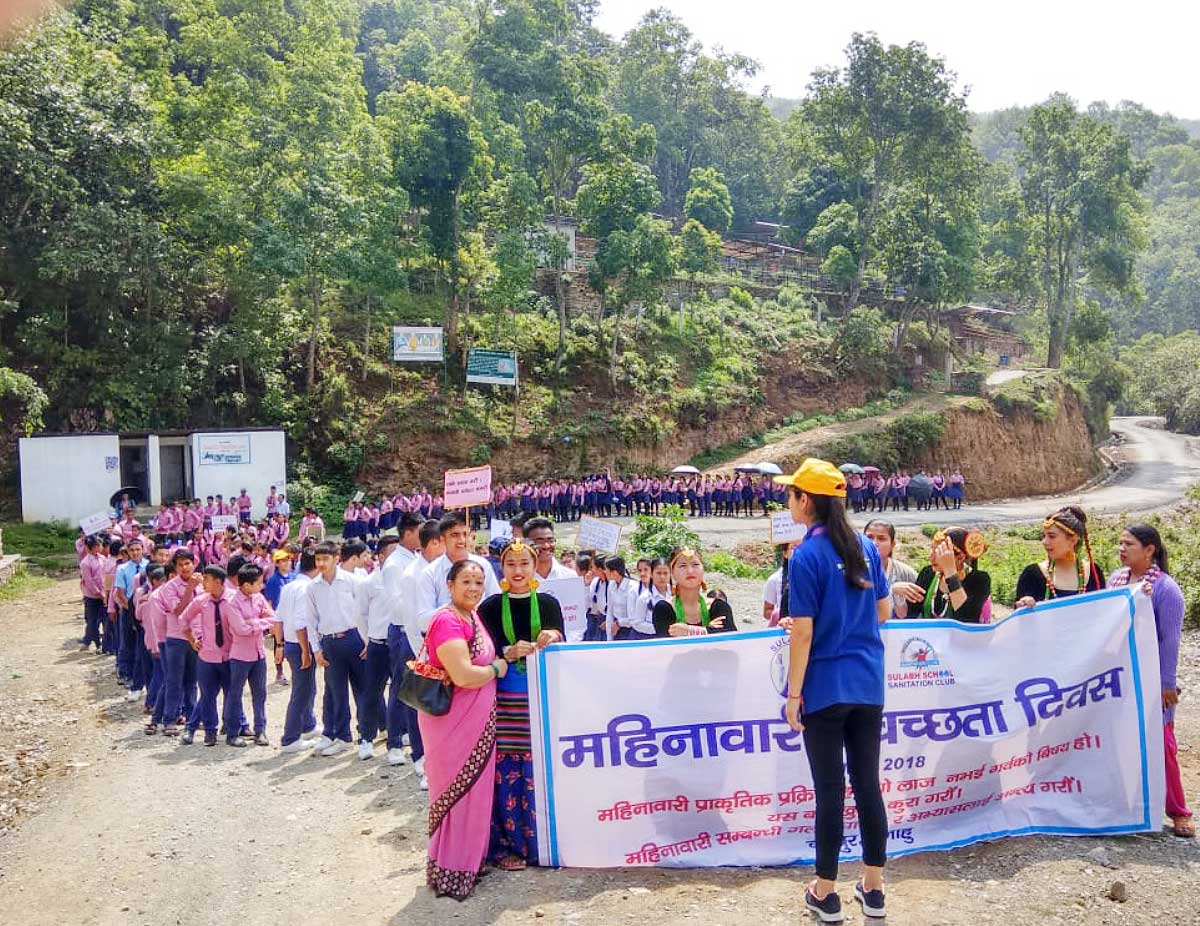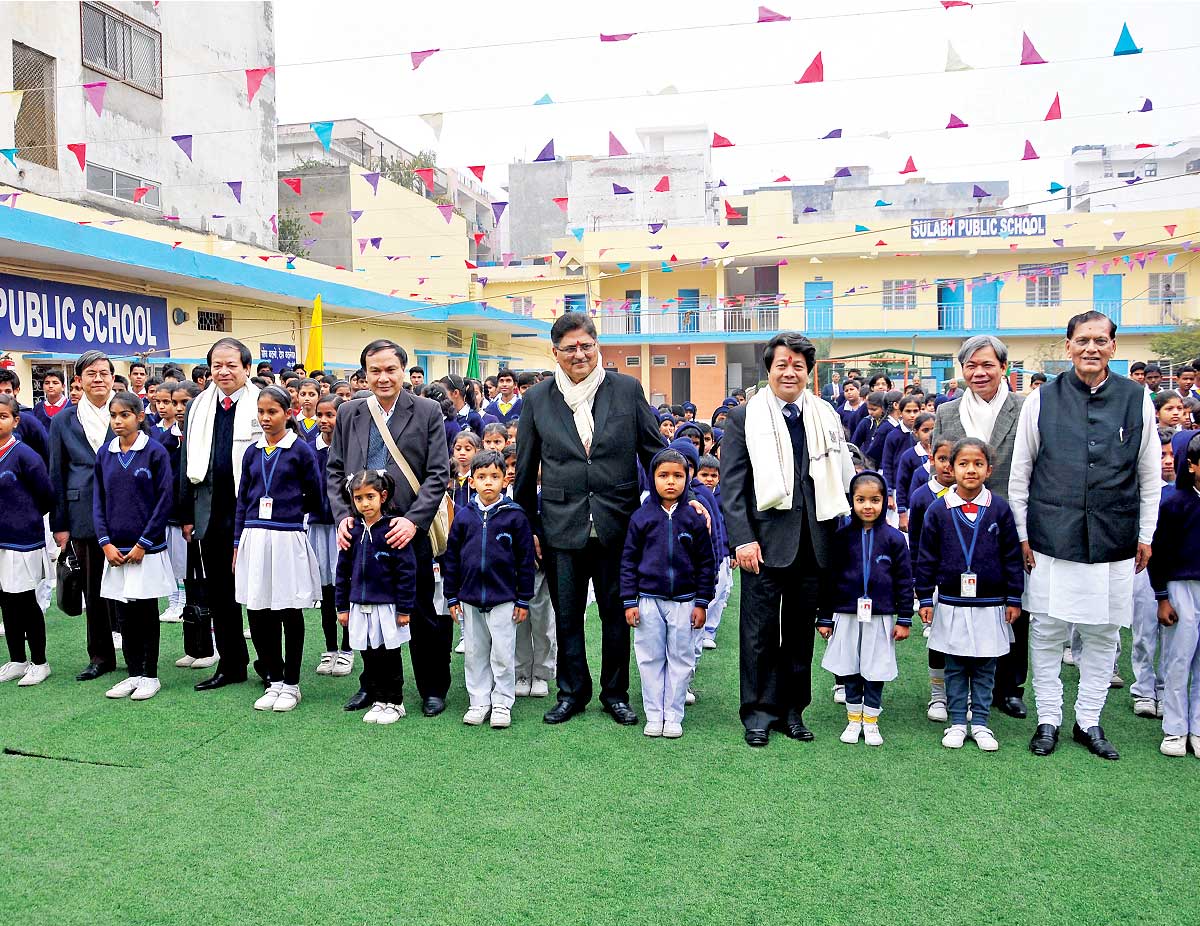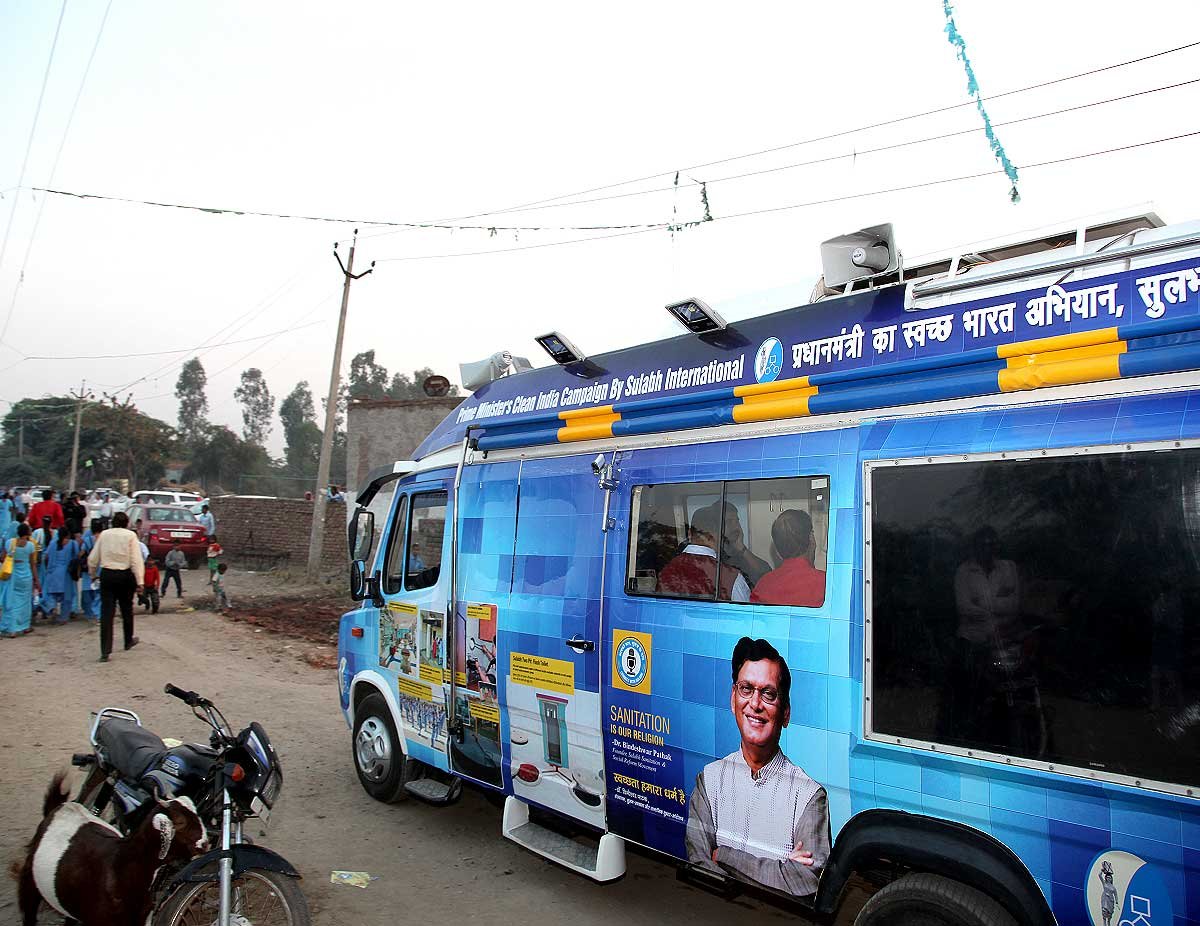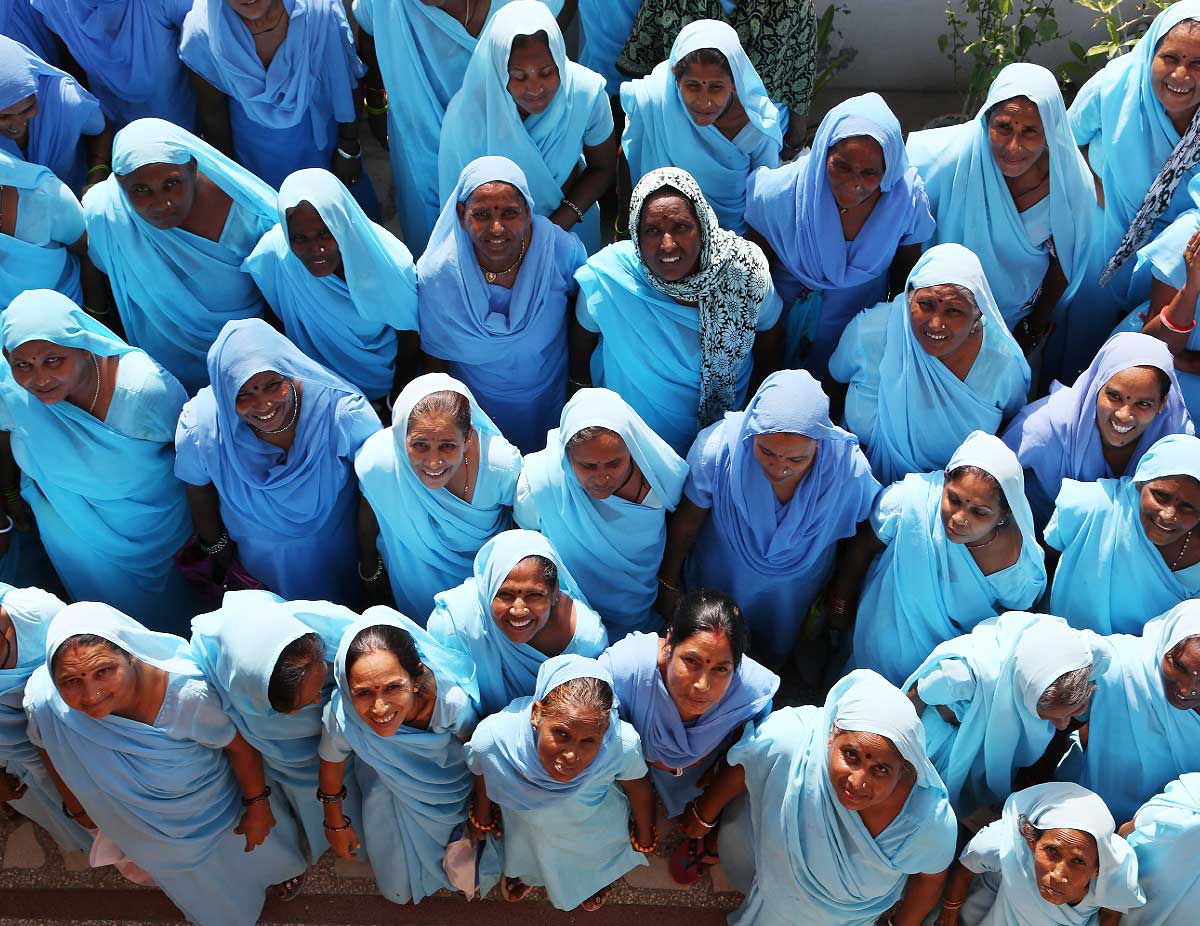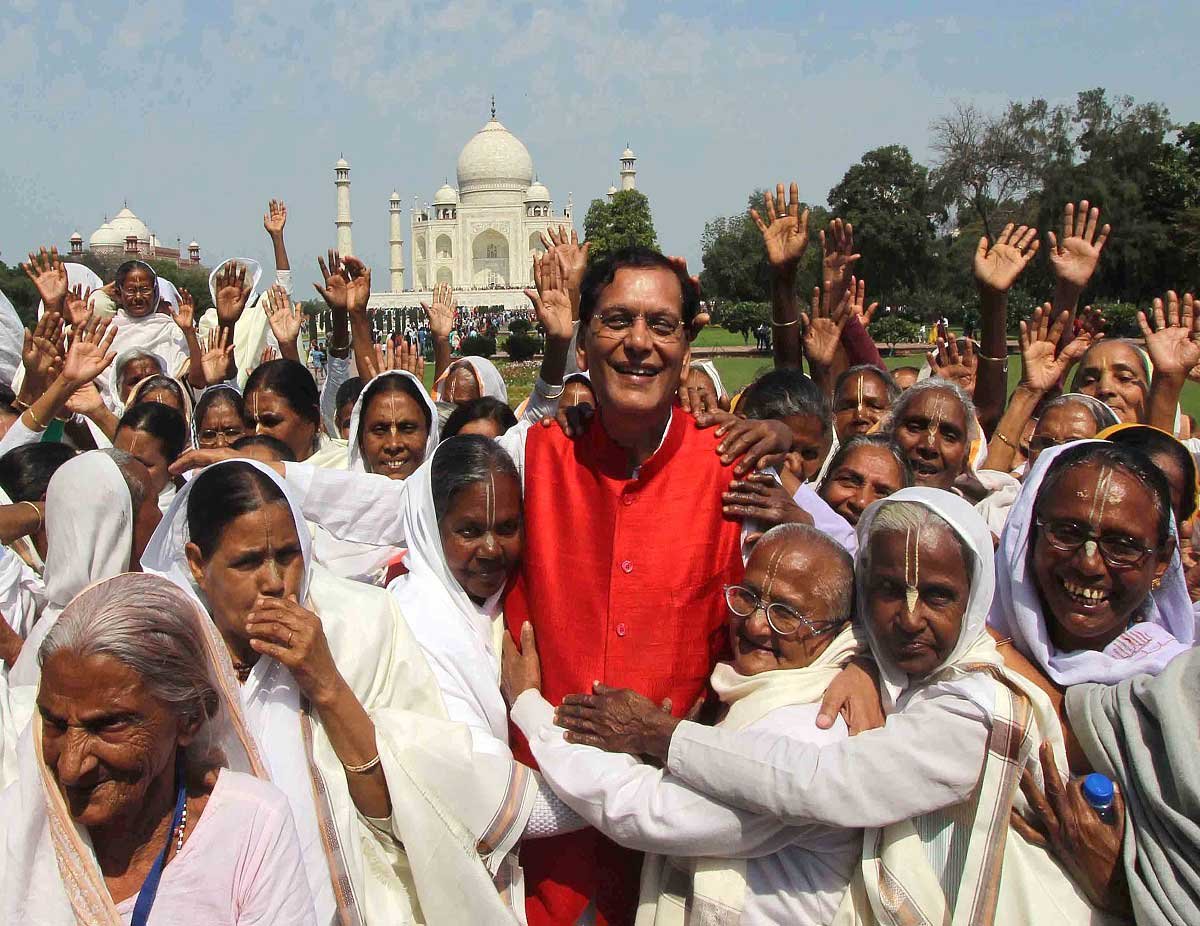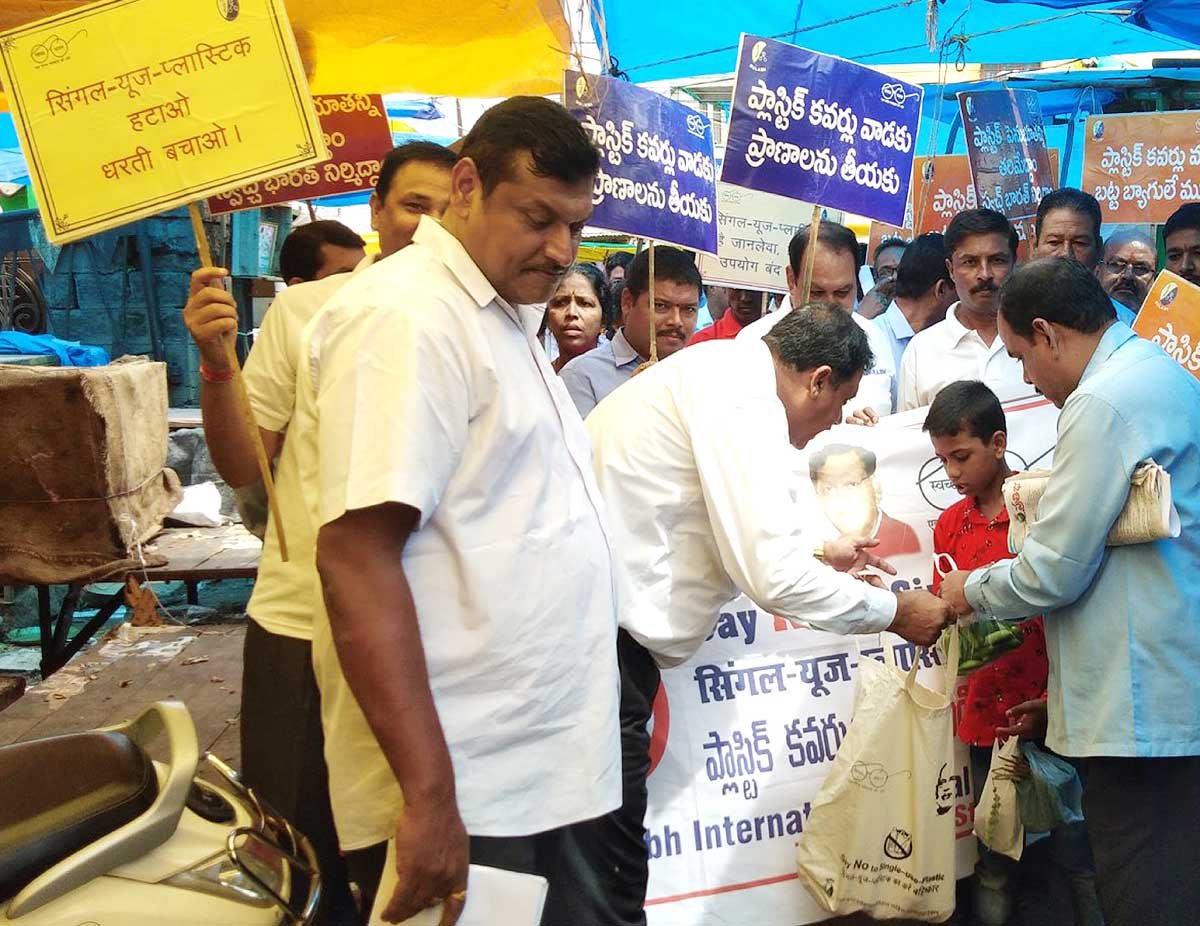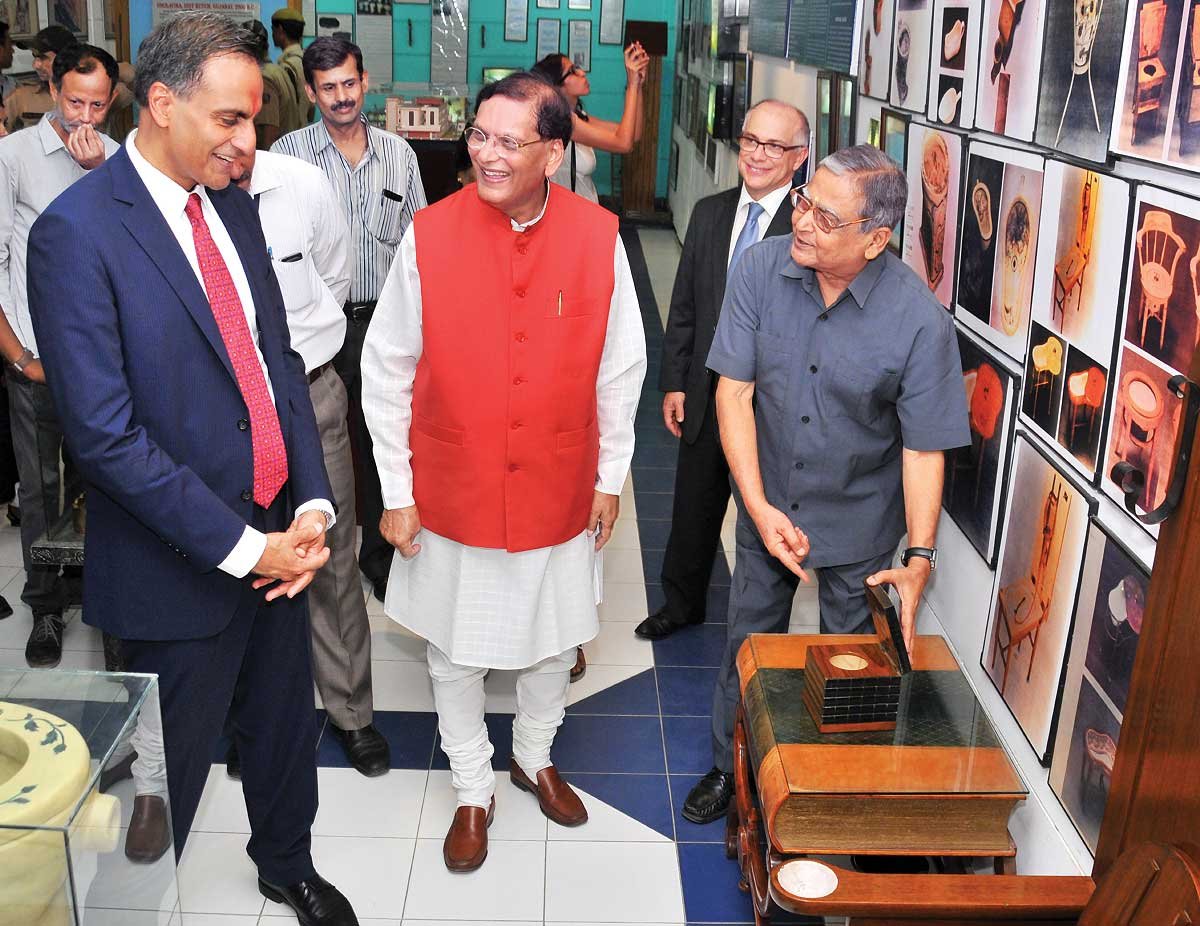Founded in 1970 by Dr Bindeshwar Pathak, Sulabh’s contribution in the field of sanitation is both monumental in scale and historical in its application of human rights framing to sanitation. Dr Pathak’s foray into sanitation was in response to tackle the deep rooted discrimination, abuse and stigma faced by a community of people – known as manual scavengers – who cleaned dry latrines manually and were labelled as untouchables.
1968, whilst working as a volunteer for a committee set up to commemorate Mahatma Gandhi’s centenary celebrations, Dr Pathak witnessed first-hand the sufferings of the community in the state of Bihar. He saw that their freedom, voice and basic human rights were forfeited as they belonged to the lowest stratum of India’s caste-based society – formerly known as “untouchables”. The community was systematically denied access to mainstream education, health or employment opportunities.
